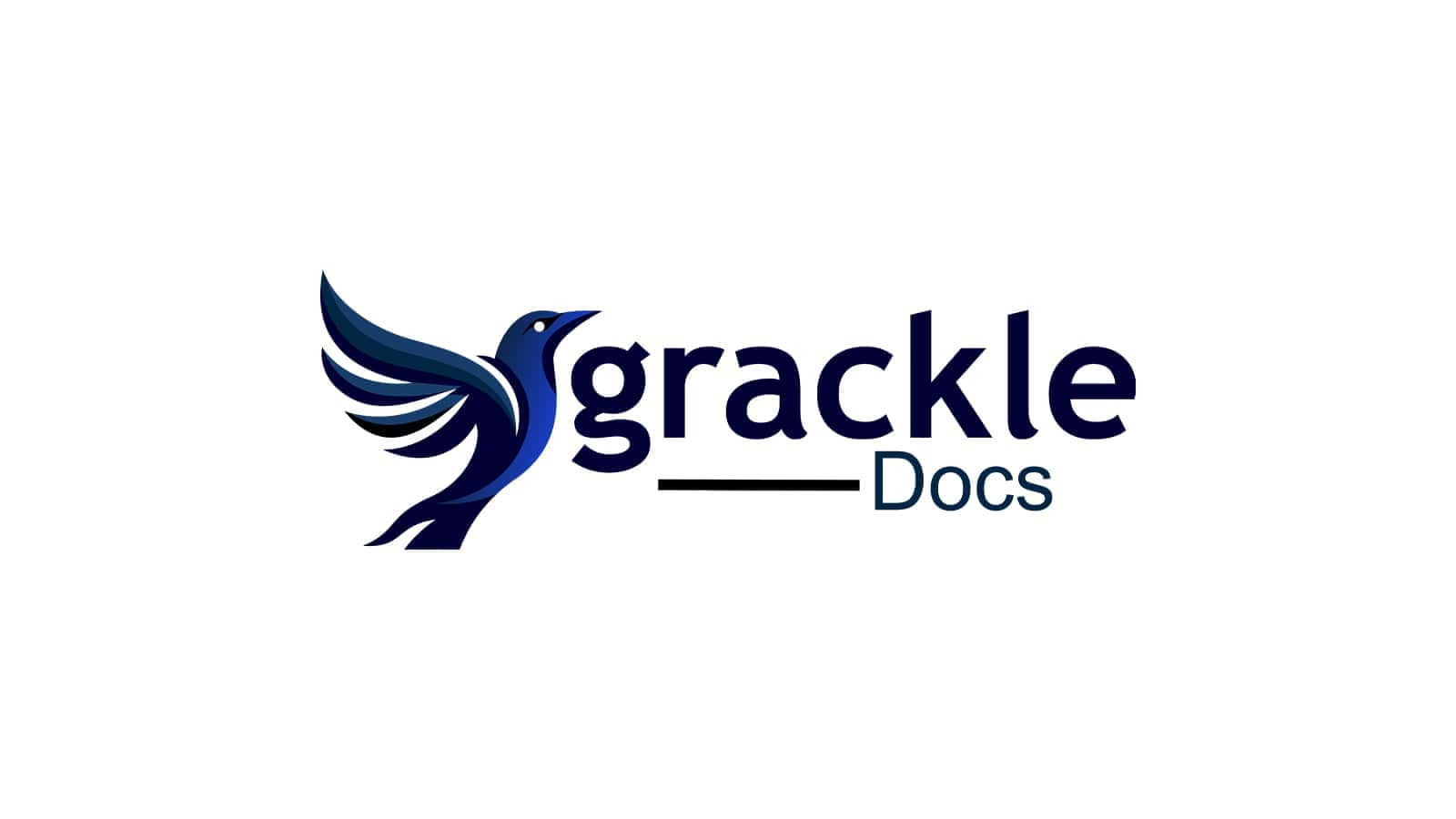The Colorado Governor’s Office of Information Technology (OIT), in partnership with the Attorney General’s Office, recently published an Accessibility Operations Memorandum to help clarify key points in House Bill 21-1110 (HB21-1110), a landmark law focused on expanding digital accessibility for all Colorado residents. This policy document details the purpose of the bill, OIT’s role, and frequently asked questions for agencies and government entities to support full compliance.
HB21-1110: What Does It Mean?
Under the Colorado Anti-Discrimination Act (CADA), it’s unlawful for individuals or organizations to discriminate against people with disabilities. HB21-1110 extends this mandate, explicitly defining discrimination as any instance where:
- A person with a disability is excluded from services, programs, or activities offered by Colorado government entities.
- Government agencies fail to create an accessibility plan by July 1, 2022, or fall short of meeting OIT’s established accessibility standards by July 1, 2024.
The bill expands beyond individuals with visual impairments, aiming to include all people with disabilities in line with the Americans with Disabilities Act (ADA). It specifically targets accessibility within government information technology, ensuring all residents have access to digital resources without barriers.
Compliance and Consequences for Government Entities
If state or local government entities fail to comply, individuals with disabilities have the right to take legal action, which could result in:
- Court orders enforcing compliance,
- Monetary damages,
- Attorney’s fees, and
- Statutory fines of $3,500 per violation, payable to each plaintiff.
For example, after the 2024 compliance deadline, if a government website remains inaccessible, that entity may face a $3,500 fine for each violation impacting an individual from the disability community. This liability is held by the entity managing the content or the platform.
Which Technology is Covered?
HB21-1110 mandates accessibility across a broad spectrum of technology, including all public-facing and internal government tech such as:
- Websites, applications, kiosks, digital signage,
- Documents, videos, and audio files, and
- Third-party tools used by the public or government employees.
Responsibilities for State and Local Agencies
For state agencies, responsibilities include:
- Submitting a written plan to OIT as part of the agency’s IT roadmap by July 1, 2022.
- Achieving full compliance with WCAG 2.1 AA standards for online content, including text, links, images, forms, PDFs, and embedded applications by July 1, 2024.
- Allocating resources and budget to support compliance.
Local governments must similarly create accessibility plans by July 1, 2024, using OIT’s standards but aren’t required to submit plans to OIT.
OIT’s Role and Support
OIT is responsible for:
- Setting accessibility standards,
- Reviewing state agencies’ accessibility plans,
- Monitoring and supporting accessibility across the state’s IT infrastructure.
However, OIT’s support for local governments is limited to setting standards, meaning local entities should contact associations like CCI, CML, or SDA for further assistance.
Exemptions and Non-Compliance
While all government entities must develop accessibility plans, only specific state agencies are required to submit written plans to OIT. These agencies do not include higher education institutions, judicial departments, or local governments. Importantly, no entity is exempt from compliance with OIT’s accessibility standards, and every staff member who contributes digital content must ensure it is accessible.
Beyond Web Content: Hardware and Software Compatibility
Although HB21-1110 focuses primarily on digital content, it also mandates that all applications, programs, and operating systems be compatible with accessibility software and devices. OIT’s Technical Standard (TS-OEA-001) and Section 508 of the U.S. Rehabilitation Act provide guidance for hardware accessibility.
Grace Period: How HB24-1454 Can Help Agencies
House Bill 24-1454, also known as the Grace Period Bill, offers public agencies a potential one-year extension (until July 1, 2025) to achieve compliance. This grace period isn’t automatic but can be granted if agencies demonstrate “good faith” efforts to comply or resolve complaints of non-compliance.
GrackleDocs can help!
GrackleDocs is here to support Colorado government agencies in their journey toward compliance with HB21-1110. Our tools and solutions are designed to make digital accessibility both manageable and efficient for organizations of all sizes. Here’s how GrackleDocs can help your agency meet the specific requirements of this law:
- Automated Accessibility Checking for Google Workspace: Many agencies rely on Google Workspace for document creation and collaboration. GrackleDocs provides add-ons for Google Docs, Sheets, and Slides that automatically check for accessibility issues, offering real-time guidance to help users correct errors. This ensures that your organization’s documents align with WCAG 2.1 AA standards as required by HB21-1110.
- Simplified PDF Remediation: PDFs are a common document format, and ensuring their accessibility can be challenging. GrackleDocs includes PDF accessibility tools that help agencies review, tag, and remediate PDFs to meet accessibility standards. By making this process easier and faster, GrackleDocs helps your agency meet the law’s requirement to have fully accessible documents by the July 2024 deadline.
- Compliance Reporting and Document Tracking: With GrackleDocs, you can generate reports on document accessibility, providing a clear overview of compliance status across your digital assets. This reporting feature helps demonstrate “good faith” efforts to achieve compliance—critical for agencies that may need the additional grace period provided by HB24-1454.
- Staff Training and Resources: Ensuring ongoing accessibility requires that all team members understand best practices for accessible content creation. GrackleDocs offers resources, guidance, and support to help train staff on creating accessible documents and understanding common accessibility issues, from alternative text for images to proper use of headings, links, and tables.
- Integration with Existing Workflows: GrackleDocs integrates seamlessly with Google Workspace, minimizing disruptions to existing workflows. This means staff can create and review accessible content without needing to switch between multiple platforms or learn complex tools, making the path to compliance straightforward and achievable.
- Expert Support and Accessibility Guidance: Accessibility can be a complex area to navigate. GrackleDocs provides expert support to help agencies understand and apply the standards of HB21-1110, offering advice on specific compliance challenges. Our team can assist with best practices for document remediation and ensuring compatibility with assistive technologies.
By using GrackleDocs, Colorado agencies can proactively tackle HB21-1110’s requirements, streamline their compliance efforts, and confidently provide accessible digital resources to all residents. Whether your agency needs help with document remediation, training, or tracking compliance progress, GrackleDocs is committed to helping you build an inclusive digital presence that meets both state and federal accessibility standards.




